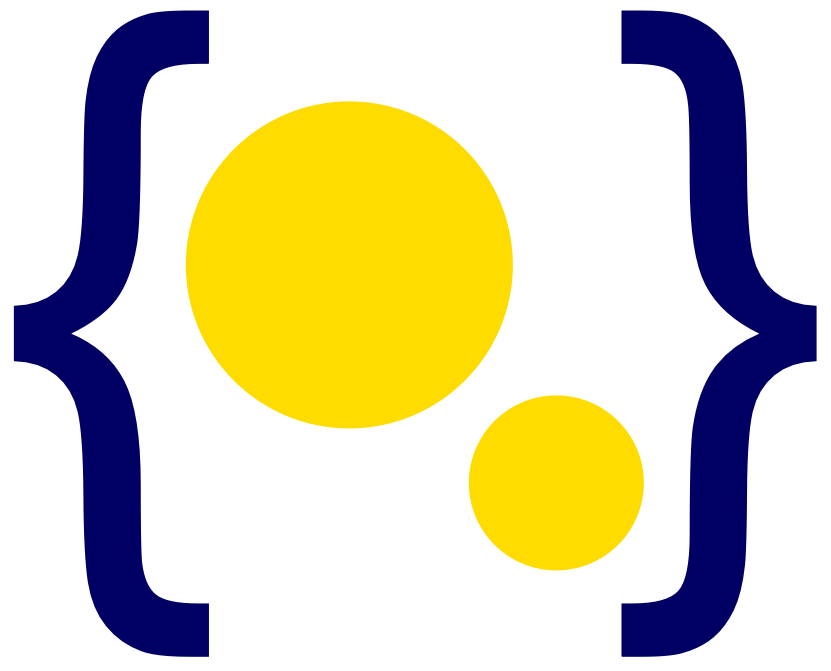What is the Mother in Norway study?
The Mother in Norway study is Norway’s largest study of preventive measures among first-time parents. We will investigate how those who are becoming mothers for the first time and who need more support than is currently offered at the health center and from the general practitioner are doing. The study is conducted in 33 Norwegian municipalities and started in the spring of 2023. Over approximately two years, we will recruit 600-700 pregnant women for the study. Researchers will follow the families from the mother’s pregnancy until the child is 2 years old. After that, a follow-up study is planned where researchers will continue to follow the family until the child turns 17. Those who participate will initially be invited to answer a total of five questionnaires: one at the start, one during pregnancy, and three questionnaires in the child’s first two years of life.
The purpose of the study
- The purpose of the study is to investigate the support for those becoming mothers for the first time, both during pregnancy and in the early days as a mother.
- The goal is to gain knowledge about the support women need during pregnancy and the early years of parenting and to determine if some services are more useful than others.
- This knowledge can improve the support for first-time parents in the future. Good services for pregnant women can promote healthy pregnancies, improve conditions for children’s upbringing, and strengthen parents’ life situations.
By sharing your experiences of becoming a mother for the first time, you will contribute to improving healthcare for first-time parents with additional support needs in the future.
You can participate in the study if you:
- Are becoming a mother for the first time.
- Have not progressed beyond week 26 of pregnancy.
- Reside in an area included in the study (see the list of municipalities).
- Face challenges that may require extra support during pregnancy and the early years of parenting. These challenges could include issues related to your own upbringing, mental health, finances, your support network, or other challenges.
If you are unsure whether this applies to you, consult with your general practitioner or midwife, or directly contact the team leader in your area.
What participating in the study involves
You will receive a total of five questionnaires at the following times:
- When you are pregnant (two questionnaires)
- When the child is 6 months old
- When the child is 12 months old
- When the child is two years old.
Invitations to the questionnaires will be sent to you via a link in an SMS. It takes approximately 10-20 minutes to complete each questionnaire. The questionnaires will cover various questions about how you and your child are doing. During pregnancy, the questions will focus on your physical and mental health. After the child is born, the questions will cover your experience of parenthood, the child’s development, and your interaction with them. You will also be asked about any difficult experiences you may have had during pregnancy and the early stages of parenting, such as experiencing little support or uncomfortable situations. When the child is around two years old, you will be offered an additional observation of the child’s language and development at a health center in your area. Participation in this is voluntary.
Follow-up or Information
Half of the participants in the study will be offered structured follow-up from a midwife or public health nurse until the child is two years old. It is voluntary to receive this offer. The program consists of regular home visits by a midwife/public health nurse. The midwife/public health nurse is flexible and adapts to your needs, providing guidance and support in parenting and information about the child’s health and development.
The other half will have an informational conversation with a midwife/public health nurse, where you can discuss your needs for assistance. The midwife/public health nurse will provide information about the available assistance in the municipality, including where and who to contact.
Participants are randomly assigned to one of the groups after joining the study. This process is automated, and everyone has an equal chance of ending up in either group. No one has the ability to influence which group they are placed in. Participants in both groups are equally important for the study.
What happens to your information?
All information will be processed without names and social security numbers or any other directly identifying details. Your responses will only be used to create statistics, and information that could identify participants will never be publicly disclosed. All research will adhere to current research regulations and be conducted by researchers at the Work Research Institute at OsloMet – Oslo Metropolitan University, or other approved research institutions. No information you provide will be shared with others unless you request it. The information collected about you will be used only for the purpose described in the project and will generally be used until 2028.
